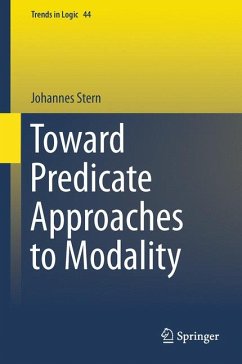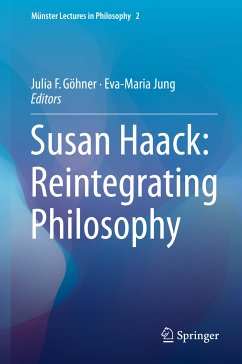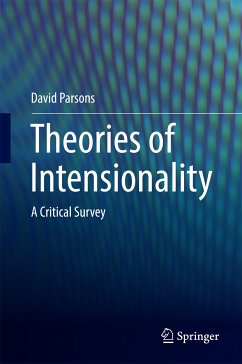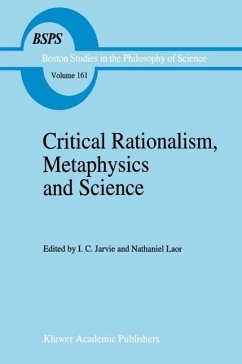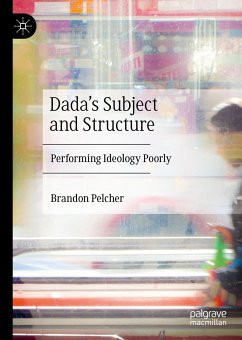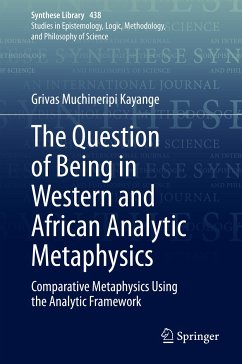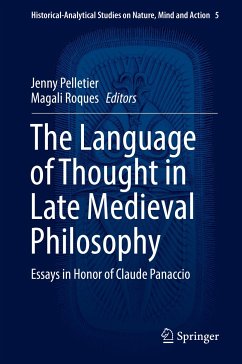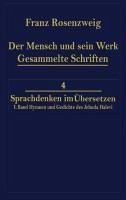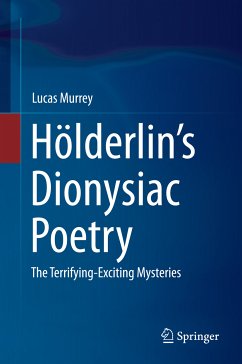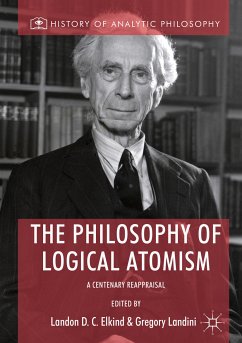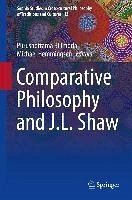
Comparative Philosophy and J.L. Shaw (eBook, PDF)
Versandkostenfrei!
Sofort per Download lieferbar
40,95 €
inkl. MwSt.
Weitere Ausgaben:

PAYBACK Punkte
20 °P sammeln!
As a Festschrift, this book celebrates and honours the scholarly achievements of Professor Jaysankar Lal Shaw, one of the most eminent and internationally acclaimed comparative philosophers of our times. Original works by leading international philosophers and logicians are presented here, exploring themes such as: meaning, negation, perception and Indian and Buddhist systems of philosophy, especially Nyaya perspectives.Professor Shaw's untiring effort to solve some of the problems of contemporary philosophy of language, logic, epistemology, metaphysics and morals from the perspectives of clas...
As a Festschrift, this book celebrates and honours the scholarly achievements of Professor Jaysankar Lal Shaw, one of the most eminent and internationally acclaimed comparative philosophers of our times. Original works by leading international philosophers and logicians are presented here, exploring themes such as: meaning, negation, perception and Indian and Buddhist systems of philosophy, especially Nyaya perspectives.
Professor Shaw's untiring effort to solve some of the problems of contemporary philosophy of language, logic, epistemology, metaphysics and morals from the perspectives of classical Indian philosophers or systems of philosophy is deserving of a tribute. Chapters in this volume reflect the diverse aspects of Shaw's contribution to comparative philosophy and are organised into four sections: Language, Epistemology, Mathematics and Logic, Ethics and Politics.
These chapters would appeal to anyone interested in philosophy or East-West thinking, including students and professionals. Graduates and researchers with interests in epistemology, metaphysics, political philosophy, logic and non-western philosophy will find this work highly relevant.
Regarding the editors, Purushottama Bilimoria is a honorary professor at Deakin University and research fellow at the University of Melbourne in Australia, a Visiting Professor and Lecturer at University of California, Berkeley and Graduate Theological Union; Michael Hemmingsen is a PhD Candidate in the Department of Philosophy at McMaster University, Ontario, Canada.
Professor Shaw's untiring effort to solve some of the problems of contemporary philosophy of language, logic, epistemology, metaphysics and morals from the perspectives of classical Indian philosophers or systems of philosophy is deserving of a tribute. Chapters in this volume reflect the diverse aspects of Shaw's contribution to comparative philosophy and are organised into four sections: Language, Epistemology, Mathematics and Logic, Ethics and Politics.
These chapters would appeal to anyone interested in philosophy or East-West thinking, including students and professionals. Graduates and researchers with interests in epistemology, metaphysics, political philosophy, logic and non-western philosophy will find this work highly relevant.
Regarding the editors, Purushottama Bilimoria is a honorary professor at Deakin University and research fellow at the University of Melbourne in Australia, a Visiting Professor and Lecturer at University of California, Berkeley and Graduate Theological Union; Michael Hemmingsen is a PhD Candidate in the Department of Philosophy at McMaster University, Ontario, Canada.
Dieser Download kann aus rechtlichen Gründen nur mit Rechnungsadresse in A, B, BG, CY, CZ, D, DK, EW, E, FIN, F, GR, HR, H, IRL, I, LT, L, LR, M, NL, PL, P, R, S, SLO, SK ausgeliefert werden.



